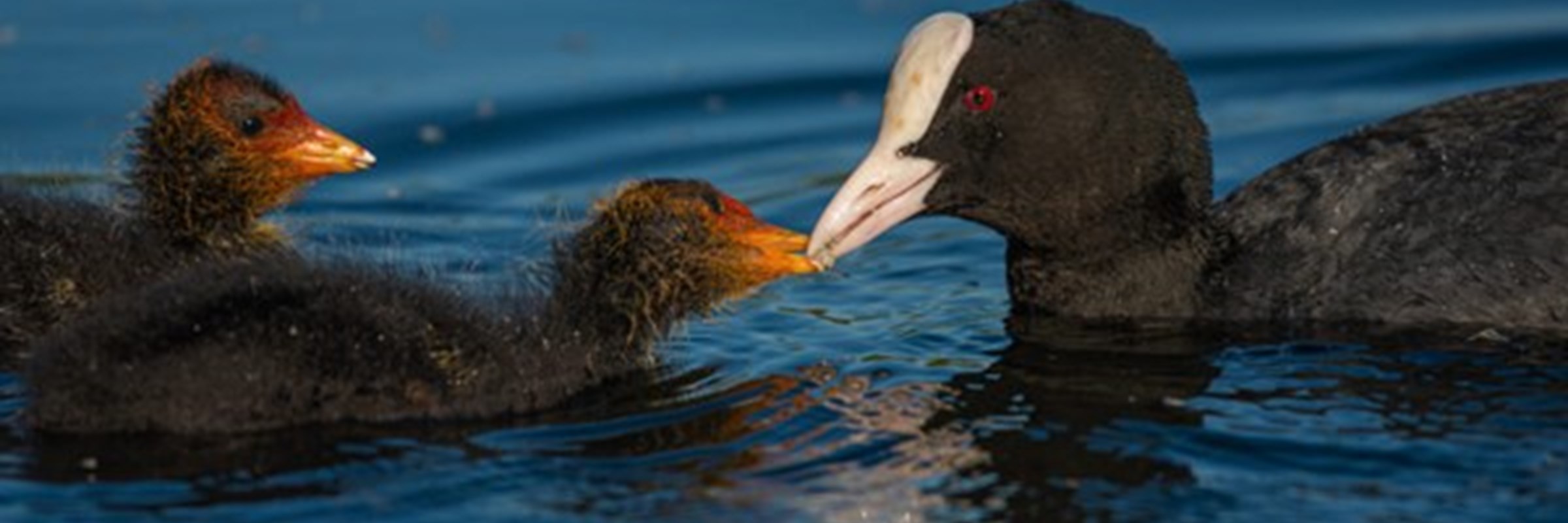
Biodiversity Net Gain
Delivering Biodiversity Net Gain in Greater Manchester
What is Biodiversity Net Gain?
Biodiversity net gain (BNG) is a way of creating and improving natural habitats. BNG makes sure development has a measurably positive impact (‘net gain’) on biodiversity, compared to what was there beforehand.
You will need to understand the requirements of BNG in Greater Manchester if you are:
-
A developer
-
A local planning authority
-
A land manager wanting to sell in the BNG market
In England, BNG is mandatory from 12 February 2024 under Schedule 7A of the Town and Country Planning Act 1990 (as inserted by Schedule 14 of the Environment Act 2021). Developers must deliver a BNG of 10%. This means development will result in more or better quality natural habitat than there was before the development took place. If developments can’t deliver this on-site, they need to deliver this off-site.


